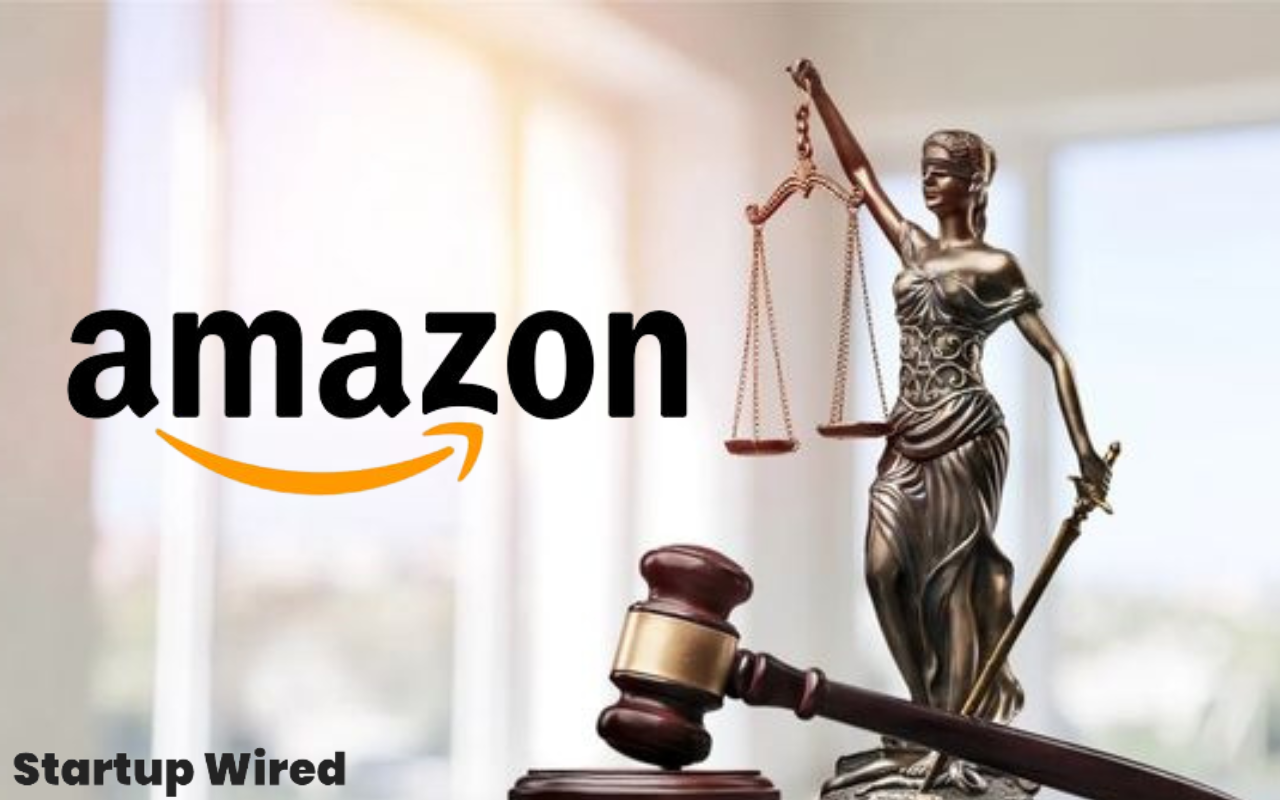In a legal battle that could reshape the landscape of cloud computing, Subspace Omega LLC, a now-defunct tech startup, has filed a $417 million lawsuit against Amazon Web Services (AWS). The Wyoming-based company alleges that AWS unlawfully terminated a crucial web-traffic agreement, leading to Subspace’s closure in 2022. The lawsuit, filed in Seattle federal court, accuses AWS of antitrust violations and other state and federal law breaches.
Founded in 2017, Subspace Omega provided essential services for fast internet connections, catering to major clients such as Epic Games, the creator of the immensely popular online game “Fortnite.” The startup operated on the premise of peering agreements, enabling networks to connect seamlessly, often without additional costs, to enhance web service for end users.
The Allegations
Subspace Omega contends that AWS, without legitimate justification, terminated its peering agreement, rendering the startup unable to fulfill its contract with Epic Games, its largest client. According to the lawsuit, Amazon proceeded to take over Subspace’s “network optimization” services for Epic Games, a move that significantly impacted Subspace’s viability.
The lawsuit argues that the peering agreement was mutually beneficial, creating an enhanced network experience for customers of both companies. Subspace asserts that Amazon’s refusal to continue the peering arrangement had no legitimate business justification and was a strategic move to eliminate competition.
Subspace Omega’s closure in 2022 marked the end of a five-year venture. The startup claims that Amazon’s actions resulted in a loss of $417 million in damages. The termination of the peering agreement had a cascading effect on Subspace’s ability to provide services, ultimately rendering its business model unviable.
AWS Dominance in Cloud Computing
Amazon Web Services, a significant profit source for Amazon, holds the position of the world’s largest cloud-computing provider. With revenues of $23.1 billion in the third quarter of the year, AWS plays a pivotal role in the broader cloud services industry.
Subspace’s lawsuit alleges malicious and anticompetitive tactics on the part of AWS, accusing the tech giant of intentionally driving Subspace out of business. The case brings to light questions about the concentration of power in the cloud computing sector and the potential misuse of that power. The antitrust allegations suggest that AWS’s actions were not only harmful to Subspace Omega but also raise concerns about fair competition within the industry.
Repercussions for Cloud Computing
The legal battle between Subspace Omega and AWS could have far-reaching consequences for the cloud computing industry. As a major player, AWS’s practices and the outcome of this case may influence the regulatory environment for cloud service providers. The case may also prompt a reevaluation of contractual agreements and business practices within the sector.
Subspace Omega highlights in its lawsuit that it had peering arrangements with competing services such as Google and Microsoft. The case underscores the delicate balance between innovation in the cloud space and the need for regulatory compliance. The response of industry players and their stance on the case may shape the future dynamics of the cloud computing sector.
Investor Confidence and Market Dynamics
The legal scrutiny on a major player like AWS can impact investor confidence, potentially leading to increased market volatility. If AWS were to alter its operations or face significant consequences, it could reshape market dynamics, with other cloud service providers potentially gaining prominence. The case’s resolution will shed light on the delicate balance between fostering innovation and ensuring fair competition.
The $417 million lawsuit filed by Subspace Omega against Amazon Web Services represents a critical juncture in the cloud computing industry. The outcome of this legal battle could influence regulations, market dynamics, and the practices of major players in the sector. As the case unfolds, it will be closely watched by industry participants, investors, and regulatory bodies, each with a stake in the evolving landscape of cloud services.
